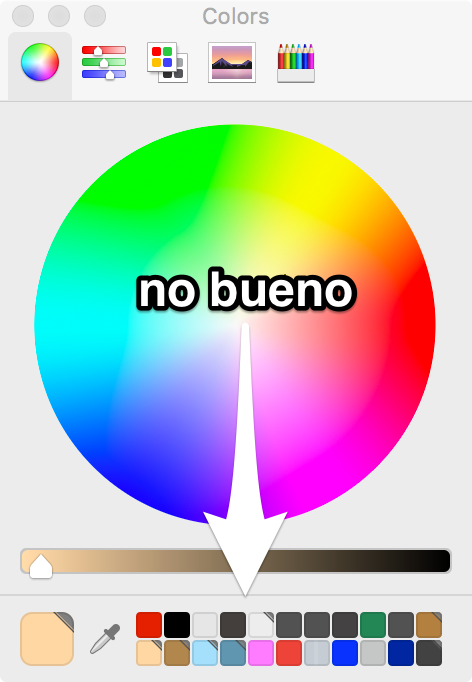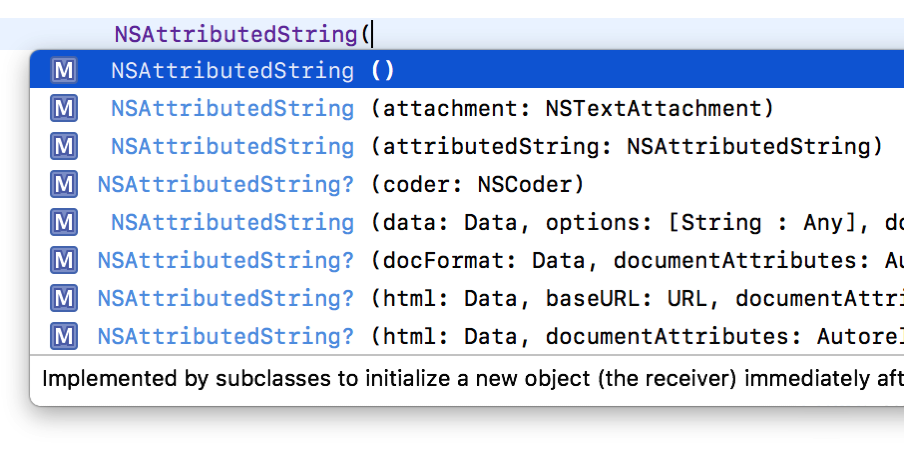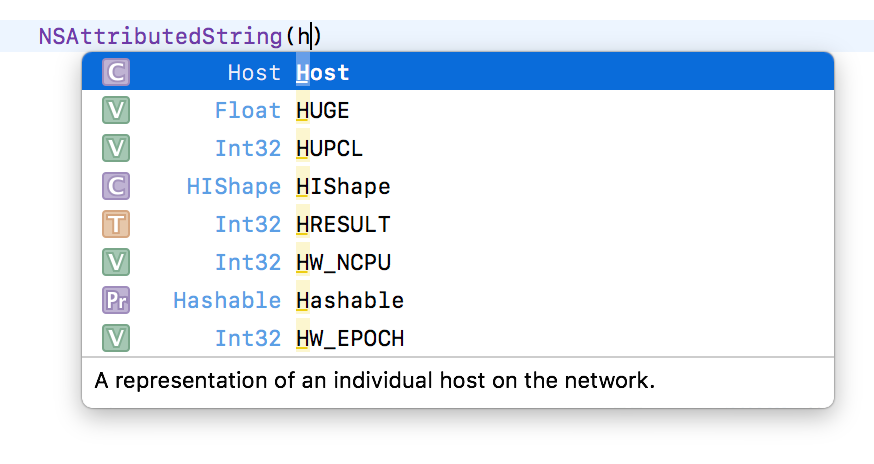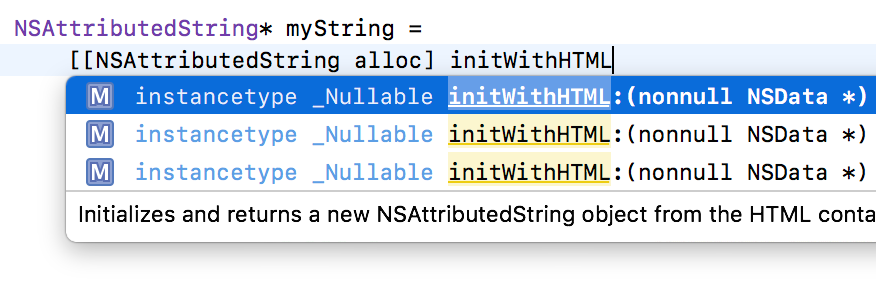I ran into a subtle bug with Xcode 9 that I think is worth sharing. Specifically, this bug affects Mac applications that:
- Are sandboxed.
- Launch a sandboxed subprocess with NSTask (or posix_spawn).
- Configure the subprocess to inherit the parent’s sandbox.
When such an app is compiled with Xcode 9, the subprocess will crash whenever the parent process launches it. A canonical example of something that might suffer from this problem is a bundled crash-monitor. I embed one with my apps to keep an eye on the running status of the parent process, and to present a crash-reporting interface to users if the host app terminates prematurely. When I build and run my app with Xcode 9, the bundled crash monitor dies instantly upon being launched.
It took me a while to realize that the subprocess is dying because it fails to satisfy the contract for inheriting a sandbox. From Apple’s “Enabling App Sandbox Inheritance“:
To enable sandbox inheritance, a child target must use exactly two App Sandbox entitlement keys: com.apple.security.app-sandbox and com.apple.security.inherit. If you specify any other App Sandbox entitlement, the system aborts the child process.
Well, that’s funny because my child process does specify only those two keys, but the system is aborting it anyway. It turns out that Xcode 9 is inserting a third entitlement without my permission. Clicking on the detail of the “Process Product Packaging” build phase in Xcode’s log navigator, I can see that there are three entitlements for my target:
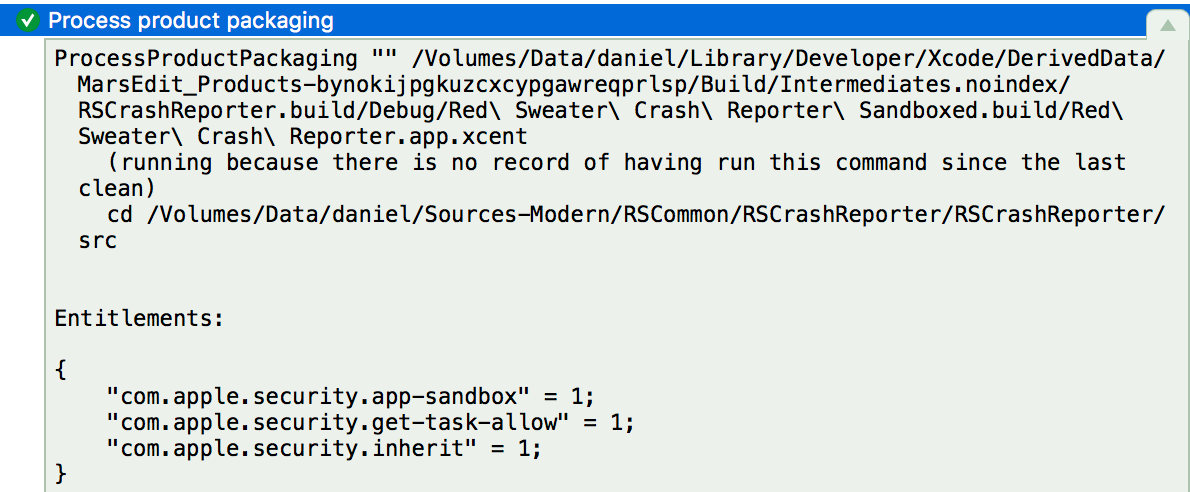
When my subprocess is launched, the system sees that extra “com.apple.security.get-task-allow” entitlement in the context of “com.apple.security.inherit”, and unceremoniously crashes my the child process.
I’m not sure what Apple’s reasoning is for imposing this entitlement on sandboxed targets, but it appears to be doing so across the board, for literally every sandboxed target in my app. I confirmed that all of my apps, XPC processes, helper tools, etc., are all getting this bonus entitlement.
I searched Xcode’s files, and discovered the entitlement listed in this file inside the Xcode app bundle:
Contents/Developer/Platforms/MacOSX.platform/Developer/Library/Xcode/PrivatePlugIns/IDEOSXSupportCore.ideplugin/Contents/Resources/BaseEntitlements.plist
Putting aside the question of whether it’s appropriate for Xcode to surreptitiously add entitlements that are not specified by the developer’s own list of permissions, the addition of the entitlement for these particular targets, ones that inherit their parent’s sandbox, turns out to be a fatal move.
Ideally I would be able to work around this by adding a custom build phase to manually tweak the generated entitlements file, removing the unwanted key. But the “Process Product Packaging” build phase happens so late in the build process that it’s after the last user-specified custom build phase. There’s no room in Xcode’s current design for fixing up the problematic entitlements before they are incorporated into the signed product. As far as I can tell the only clean workaround would be to redundantly re-sign the child app with a custom script, and corrected entitlements, after Xcode’s build process is completed.
I filed Radar #34628449, “Sandboxed project build with Xcode 9 cannot launch child process.”
Update: Colin Barrett pointed out on Twitter that the entitlement in question here, “com.apple.security.get-task-allow”, may be required in order to attach to and debug a process. If true, then I think this is something that was handled in a different way in Xcode 8. I can confirm that my apps do not have the entitlement imposed on them by Xcode 8, yet I am able to attach to and debug them.
If Apple changed the debugger infrastructure in Xcode 9 so that the relationship between the debugger and target processes is more locked down, requiring a specific entitlement, then that’s probably a good thing. But if this change was made without thinking about the implications for the above-cited “strict two entitlement” rule for sandbox inheritance, then probably some flexibility needs to be applied to that rule.
Finally, as I noted above the entitlement is being applied to all my targets. What I didn’t clarify is that the entitlement is added even when Building and Archiving. A release build’s binaries are endowed with this additional entitlement, which may also bring additional security vulnerabilities to the app.
I would not ship a sandboxed Mac app that is built with Xcode 9, until we understand more about when Xcode applies this entitlement, and whether it can be prevented for Release builds at the very least.
Update 2: I’ve learned that Xcode’s “Export Archive” functionality causes the unwanted entitlement to be removed. Apparently the assumption is that everybody creates Xcode archives as part of their build and release process. I am sure this is true for most (all?) iOS deployments, but for Developer-ID signed apps on the Mac, there has traditionally been less of an incentive to do this. Got a properly signed Mac application? Zip it up, put it on a web server, and you’re done.
I’m not sure yet whether I’ll switch my build process to use archiving, or whether I’ll pull some other stunt to redo the code signing with corrected entitlements. In any case this has been quite an adventure today getting to the bottom of this. I updated my bug report with Apple to request that they provide some standard build flag that would prevent the problematic entitlement from being added from the start. In the mean time, I’ll explore one of the workarounds and get my builds back to fully functional!
